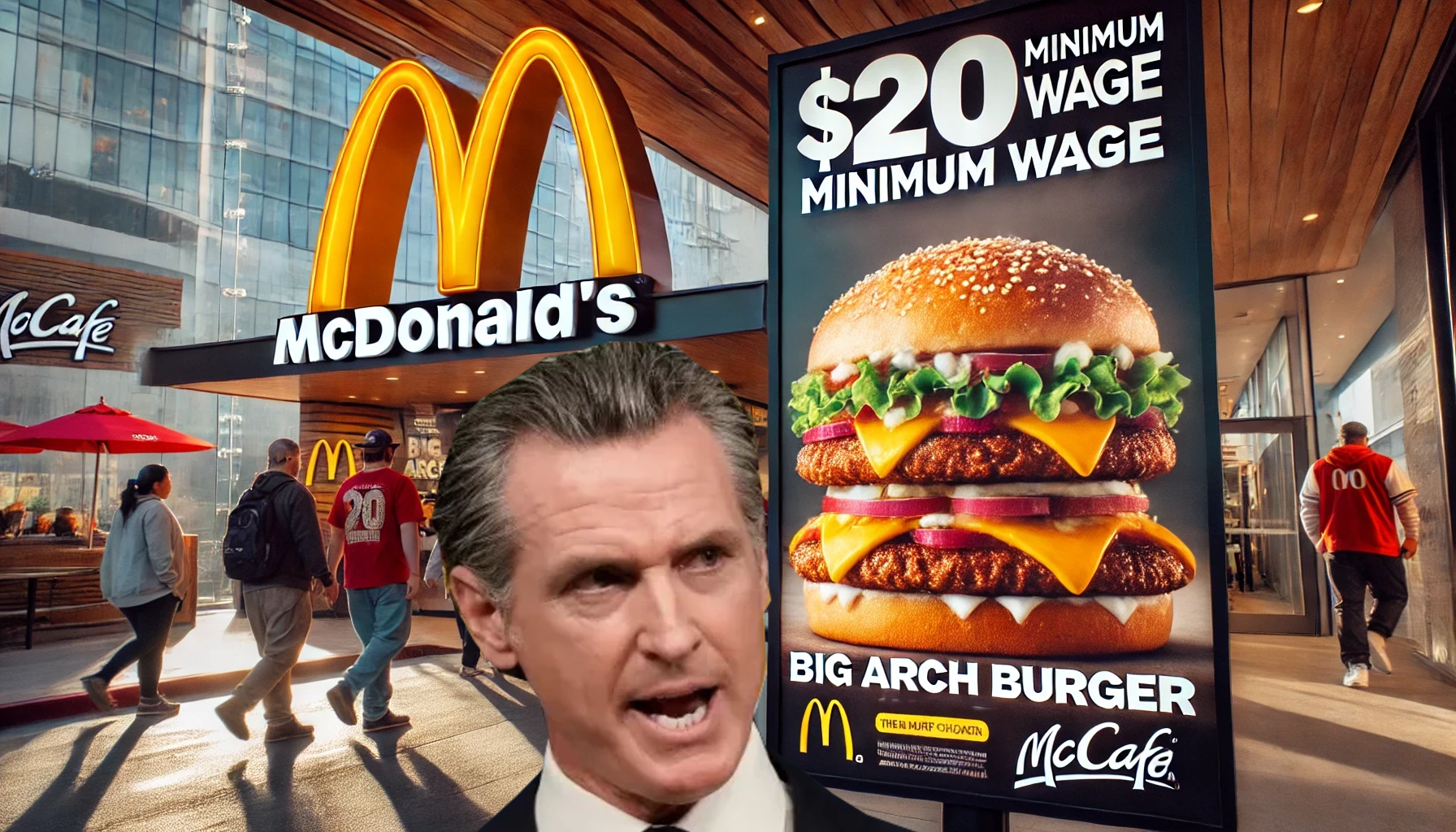McDonald’s is preparing to launch its biggest burger yet, called the Big Arch. This massive burger weighs nearly 14 ounces and has 1,025 calories. It is currently being tested in Portugal and Canada. McDonald’s CEO Chris Kempczinski described it as a classic McDonald’s burger with a twist, featuring two patties, melted cheese, crispy toppings, and a tangy McDonald’s sauce.

The Big Arch is McDonald’s first major new global product since Chicken McNuggets were introduced in 1983. The launch comes at a time when McDonald’s is facing a decline in global sales for the first time since 2020. To turn things around, McDonald’s has announced plans to rethink its business strategy.
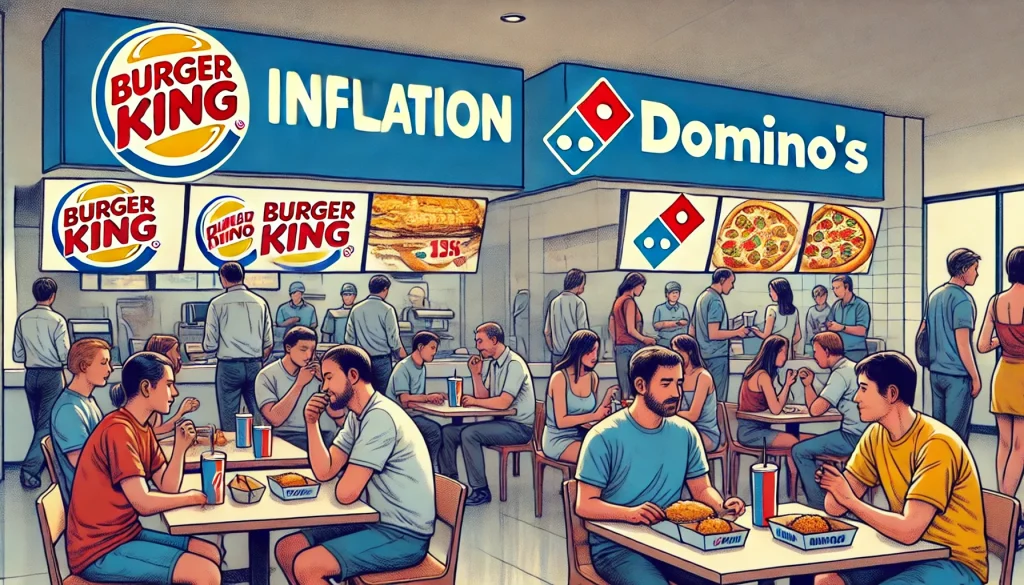
McDonald’s needs to win back its reputation as the best value option. Inflation has pushed customers to look for cheaper options at places like Burger King and Domino’s. The Big Arch is part of McDonald’s plan to bring these customers back.

Competition is fierce in the global fast-food market. CFO Ian Borden described it as a “street fight” for customers. McDonald’s sells 2.5 billion hamburgers each year, and with the Big Arch, they hope to sell even more.

Launching the Big Arch is risky. McDonald’s has had big failures before, like the Arch Deluxe in 1996, which flopped despite a $300 million marketing campaign. This time, McDonald’s hopes to avoid past mistakes by using its global scale.
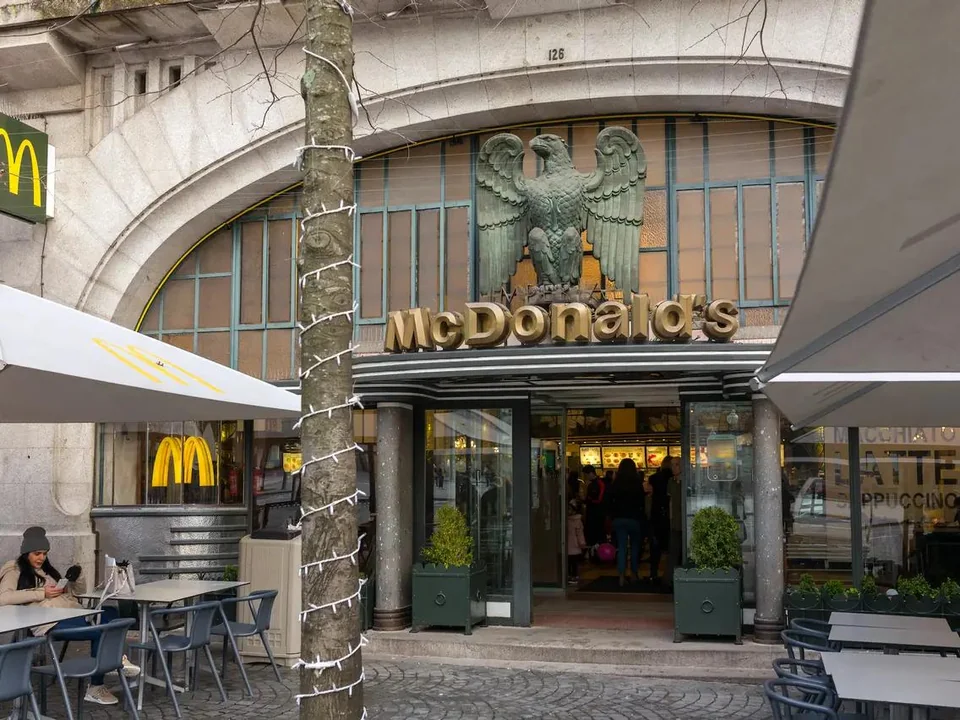
The Big Arch is already available in Portugal costing a US equivalent of $15 for a stand alone burger with the value meal coming in at $23.99. It will eventually be available in over 100 countries and nearly 42,000 stores worldwide. McDonald’s wants to create a consistent global brand with this new burger.
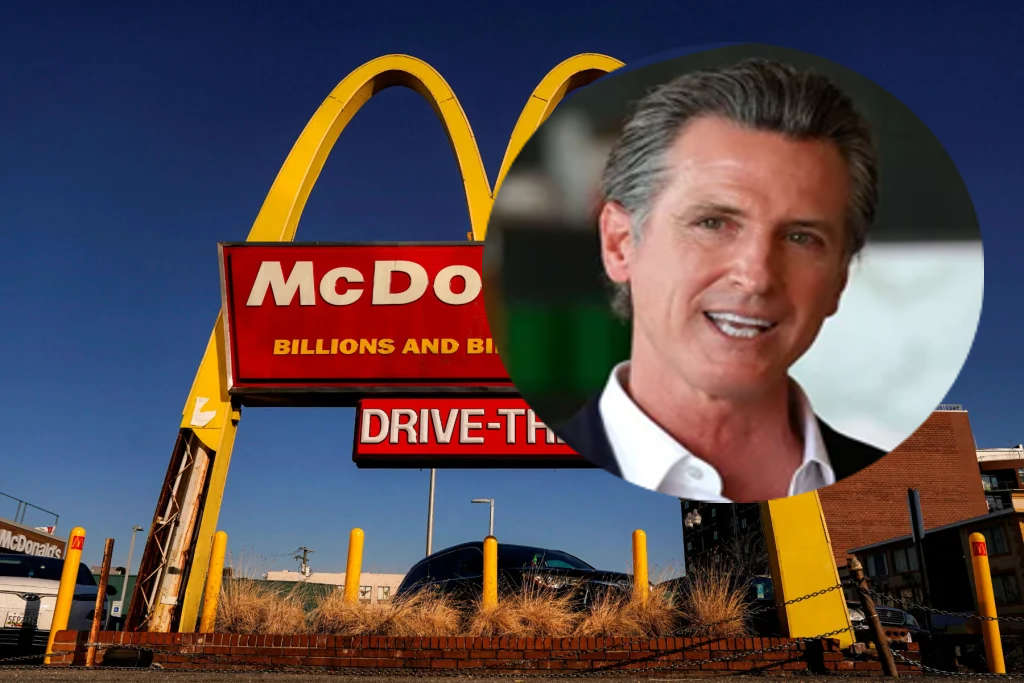
In California, a new law signed by Governor Gavin Newsom has raised the minimum wage for fast-food workers to $20 an hour. This law, which took effect on April 1, 2024, means that workers now earn nearly $5 more per hour than the previous $15.50 minimum wage. This new wage applies to all fast-food chains with 60 or more locations across the country and will increase each year through 2029 based on inflation.
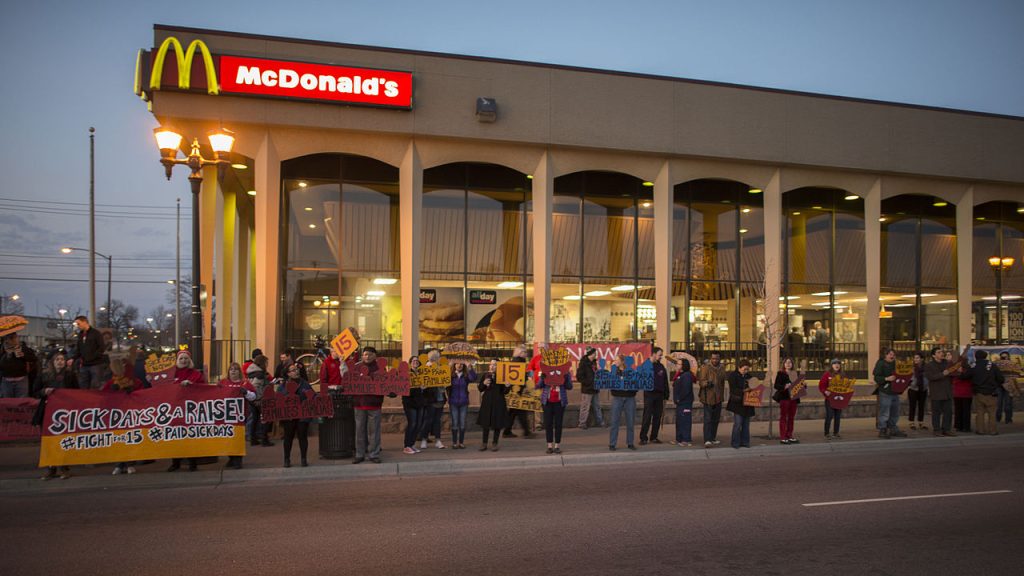
This is great news for around 500,000 fast-food workers in California, but not everyone is happy. The National Owners Association (NOA), a group representing over 1,000 McDonald’s store owners, says this new law will be very expensive for franchisees. They estimate each McDonald’s location will have to spend an extra $250,000 a year. To cover these costs, McDonald’s might have to raise menu prices, which could upset customers.
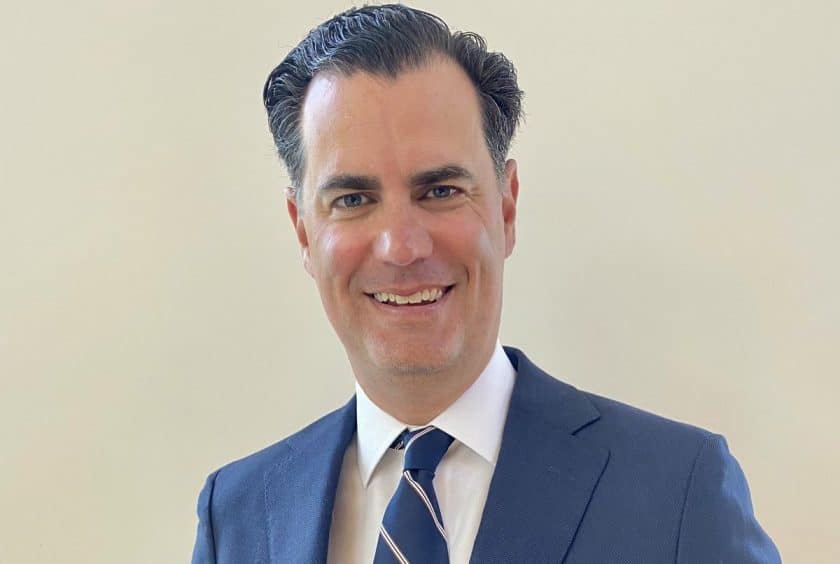
However, some industry leaders have a more balanced view. Matt Haller, CEO of the International Franchise Association, says the new law is the best possible outcome for workers, local restaurant owners, and the franchise model in California.

The success of the Big Arch could help McDonald’s deal with the financial impact of California’s new minimum wage law. As McDonald’s faces these challenges, they will need to balance the costs of running their business with keeping their customers happy.

